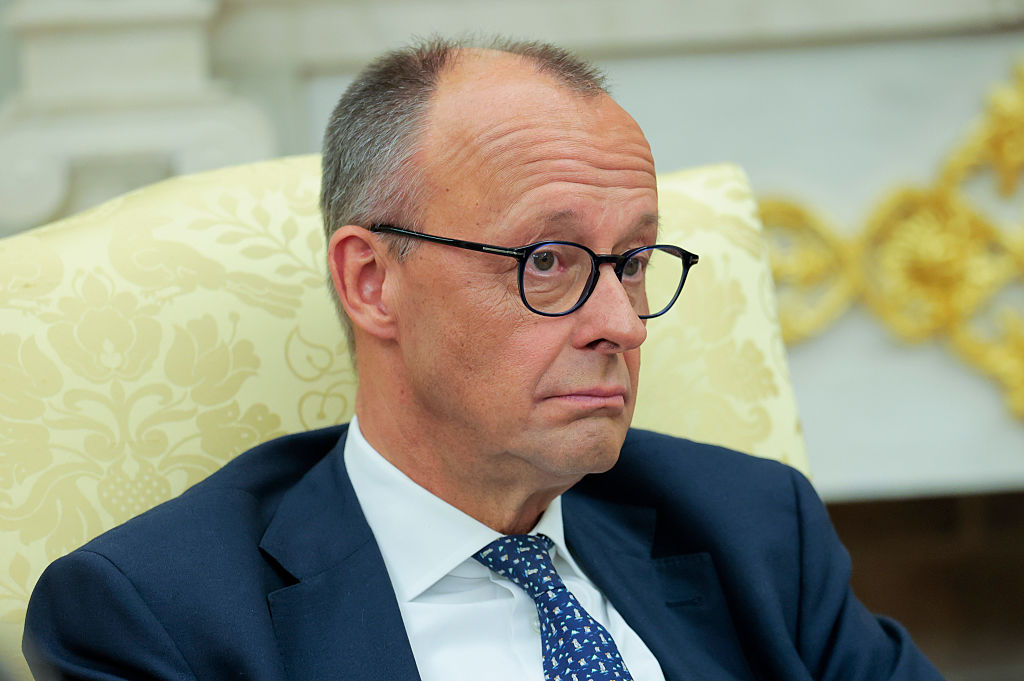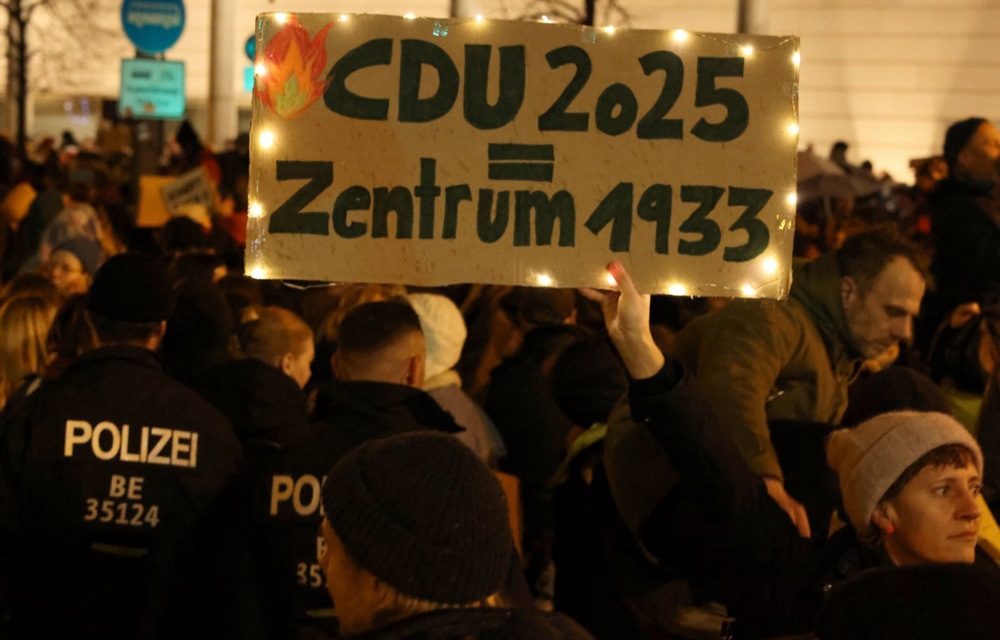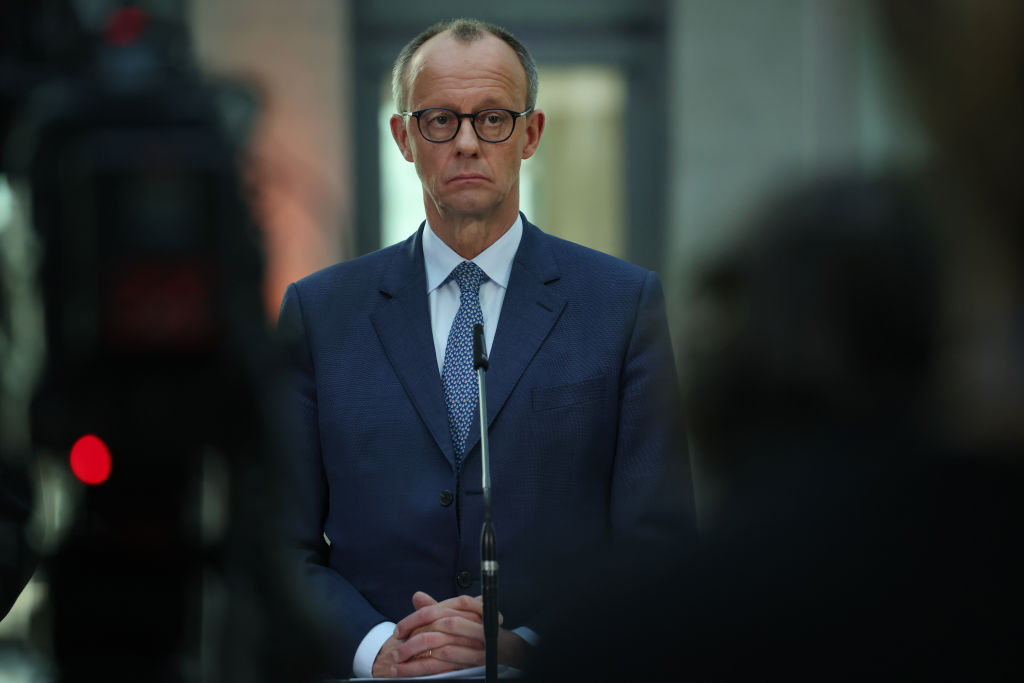A revolt has been brewing within the German government’s coalition partner the Social Democratic Party (SPD), as prominent figures openly criticised Chancellor Friedrich Merz’s defence policies.
They also called for an end to what they saw as his sweeping militarisation agenda.
In a manifesto released on June 10, senior SPD politicians accused Merz, who has recently pushed Germany towards a full-blown defence spending surge, of “warmongering” and demanded an immediate shift in foreign policy direction.
They called for diplomacy with Russia and an end to Washington-led defence dependency.
“In Germany and in most European countries, political forces have prevailed that seek the future primarily through military confrontation and hundreds of billions of euros in armament spending,” the group declared.
“There is a growing insistence on ever more rearmament and preparation for an allegedly imminent war.”
Boris Pistorius, Germany’s defence minister, is considering the reintroduction of compulsory military service in a bid to meet the country’s ambitious plans to strengthen its army. https://t.co/fxPHNuMm4P
— Brussels Signal (@brusselssignal) May 15, 2025
The revolt came after Merz’s centre-right coalition proposed a hike in defence spending to 5 per cent of GDP.
The letter’s signatories argued that such a move was not only unjustified but reckless.
“There is no security policy justification for increasing the defence budget to 3.5 or 5 per cent of gross domestic product,” the SPD dissenters wrote.
“Instead of spending more and more money on armaments, we urgently need financial resources for poverty reduction, climate protection, and the preservation of natural resources.”
The group also renewed calls for nuclear disarmament, sharply diverging from Merz’s current push to align Germany more closely with pro-nuclear EU partners.
“There must be a strategy of de-escalation and trust-building,” they insisted, “not a new arms race”.
Chancellor Friedrich Merz’s new government has dropped Germany’s opposition at the EU to nuclear power. https://t.co/GIyMI0Ko3q
— Brussels Signal (@brusselssignal) May 20, 2025
The manifesto came just ahead of the left-wing Die Linke’s federal conference due for the end of June, where members were set to debate a new political direction following February’s electoral defeat.
The SDP letter also overlapped with the upcoming NATO summit on June 24, where Germany was expected to formally commit to defence spending.
Speaking to Stern magazine on June 10, one of the manifesto’s signatories, Ralf Stegner, warned that the SPD must not abandon its traditional peace-oriented stance.
“The SPD must remain part of the peace movement,” Stegner said. “Right now, people are casually talking about the next ground war and reintroducing conscription. As Social Democrats, we have to push back against this wave of militarisation.”
While the Christian Democratic Union (CDU) leadership under Merz continued to sell militarisation, this growing internal revolt signalled a broader ideological rift over Germany’s future.
Merz may soon find the biggest threat to his defence doctrine was not from abroad but within his ruling coalition.
The German military will have to vastly expand its personnel count to keep up with new demands by NATO. https://t.co/eFg7pvylSj
— Brussels Signal (@brusselssignal) June 2, 2025





